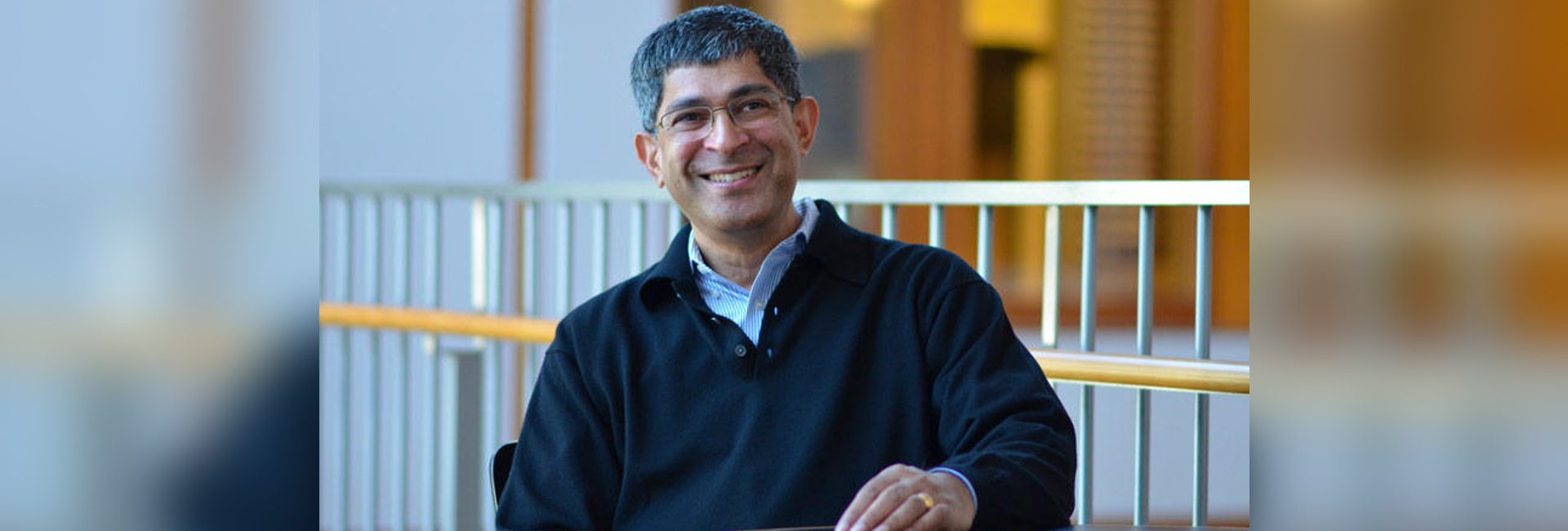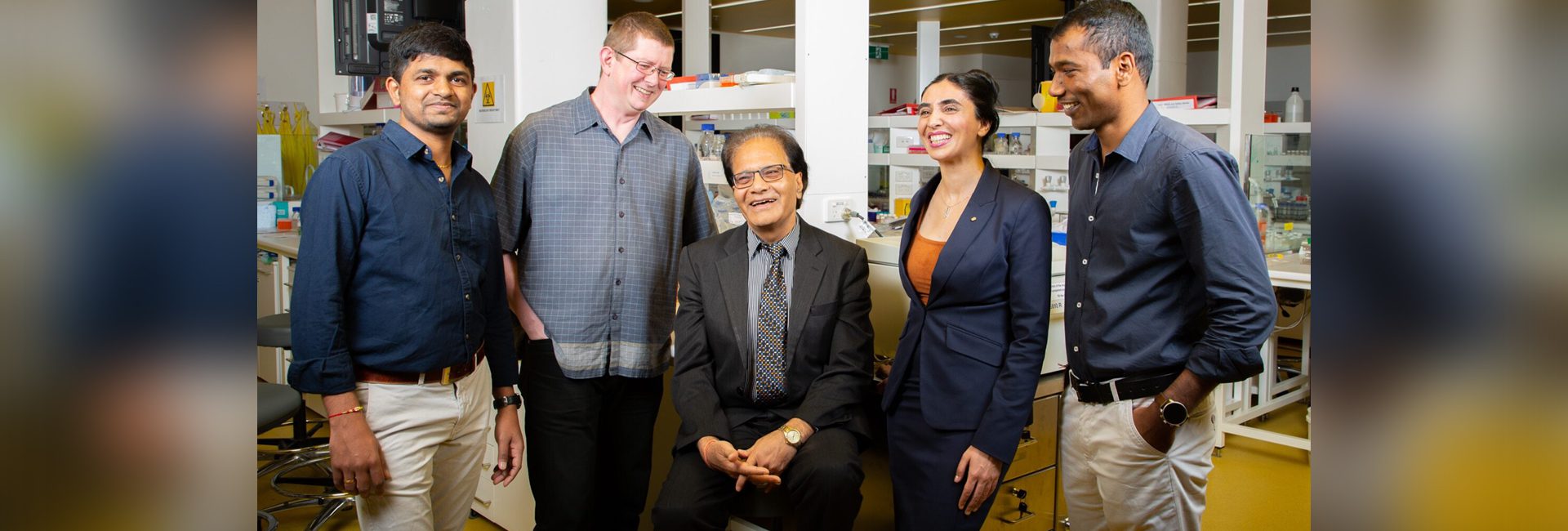(August 4, 2022) As a young kid in India, Professor John Kuriyan would often find himself fascinated by the greenery surrounding him. Today a leading structural biologist with numerous awards and honours, Professor Kuriyan is widely known for his fundamental discoveries concerning the structure and mechanism of enzymes and molecular switches. “Growing up in a tropical country like India, one finds life in almost everything around,” shares the scholar, as he takes out time from his tight schedule to connect with Global Indian, from California, United States of America. “Just a flask of river water would contain so many bacteria and viruses. That is what motivated me to pursue a career in sciences.”
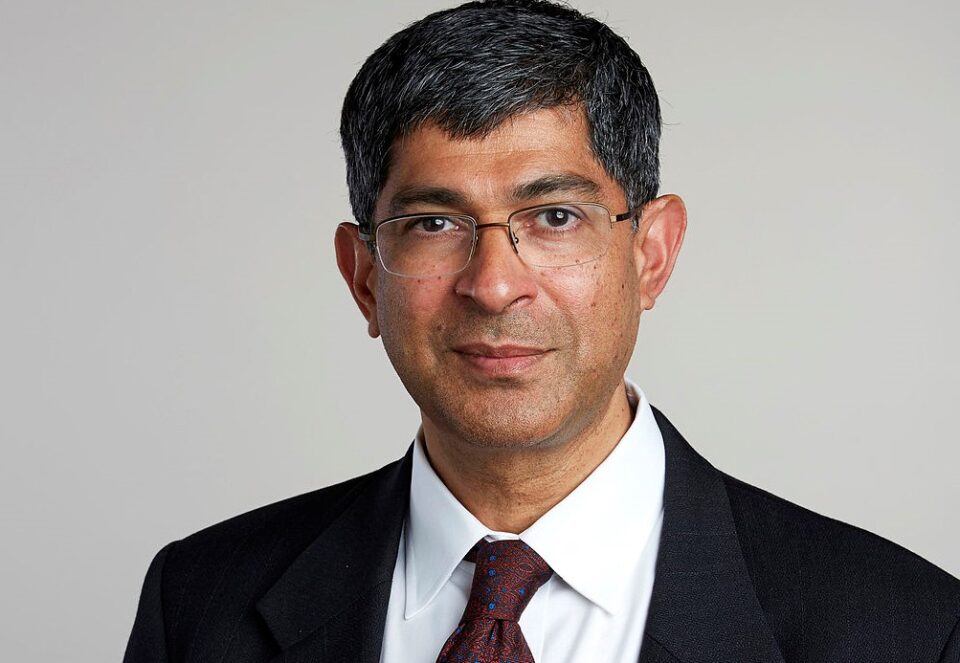
Professor John Kuriyan
Currently, the scholar is serving as a professor of Molecular and Cell Biology and professor of Chemistry at the University of California, Berkeley. Named as the next dean of the prestigious Vanderbilt School of Medicine Basic Sciences – the first Indian-American scholar to hold the office – Professor Kuriyan is ecstatic about the new inning. “I have spent many decades in academia, and to join the Vanderbilt School of Medicine Basic Sciences is a tremendous privilege. The institution is known for its cutting-edge and interdisciplinary approach to research, and to get to shape the strategies for the future direction of the school will be an honour,” expresses the scholar, who will assume the dean’s office on January 1, 2023.
The world of sciences
A native of Kerala, Professor Kuriyan travelled across the country, thanks to his father’s transferable job as a central government employee. “One of the most distinctive things about my father’s job was that his assignment changed every three to four years. So, I got to see most parts of India, from Assam to Maharashtra, and Rajasthan. I enjoyed it all,” he shares.
While he finished his bachelor’s degree in the US, few people know that Professor Kuriyan was initially enrolled at the University of Madras. “I was studying chemistry at the Madras Christian College in Chennai. It was only during the second year that I received a scholarship from Juniata College in Pennsylvania. I was elated to join them,” he says. The scholar, who earned his BS in Chemistry in 1981, proceeded to enroll in the Ph.D programme at the Massachusetts Institute of Technology, where he received a doctorate in Physical Chemistry in 1986. “I completed my post-doctoral fellowship under the supervision of Professors Gregory Petsko and Martin Karplus. It was a great learning opportunity for me and I took full advantage of it,” shares the scholar, who loves birdwatching during early hours of the morning.
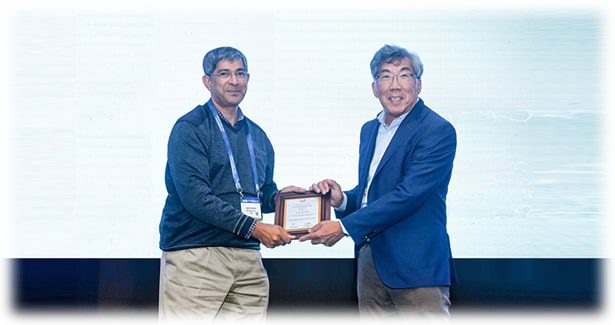
Prof John Kuriyan receiving SGRF Lifetime Achievement Award
Armed with a Ph.D, he joined Rockefeller University in New York City as an assistant professor in 1987. In 2001, the scholar joined the University of California, Berkeley as a Professor of Molecular and Cell Biology and also of Chemistry. “Teaching young and bright minds is very rewarding,” expresses Professor Kuriyan, speaking about his long career in academics, adding, “The special thing is, if the students have chosen the subject themselves, then to watch them learn, grow and explore the new avenues in the field is pretty exciting.”
Above the curve
A favourite among his students, Professor Kuriyan’s research in the field of molecular, cellular, and developmental biology is inspiring. Concerning the atomic-level mechanism of the enzymes and molecular switches, his laboratory uses X-ray crystallography to study and elucidate mechanisms. His work has helped the scientific world understand how misregulation of these enzymes could be a reason for cancer and immune diseases. The lab has been instrumental in the determination of the switching mechanisms of several tyrosine kinases, including immune-cell kinases ZAP-70 and BTK.
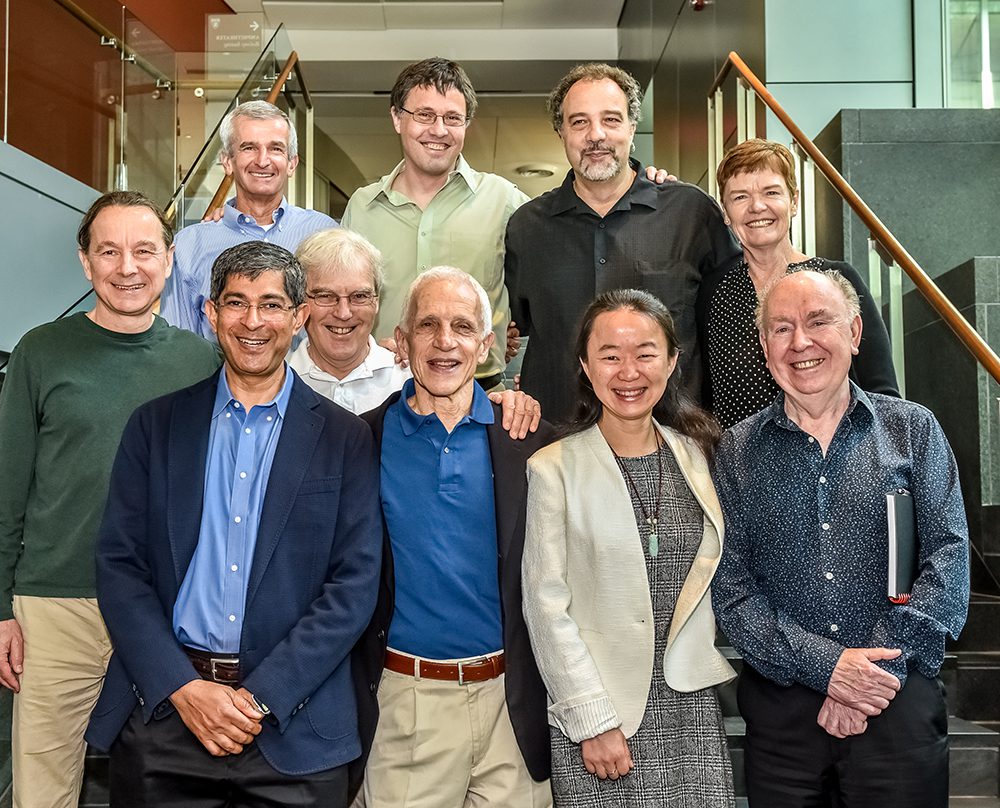
Prof John Kuriyan with world’s leading structural biologists, at the Inaugural Symposium for the Harvard Cryo-Electron Microscopy Center for Structural Biology
The scholar’s research on fundamental discoveries related to the structural basis for high-speed DNA replication has been applauded worldwide. The Dupont-Merck Award of the Protein Society (1997), Eli Lilly Award in Biological Chemistry (1998), and Cornelius Rhoads Memorial Award (1999) are just a few among the many awards he has won for his research works. In 2005, Professor Kuriyan was conferred the prestigious Loundsbery Award by the National Academy of Sciences. He was also elected as a Foreign Member of the Royal Society (ForMemRS) in 2015.
Still connected to his roots in Kerala, the scholar lauds India for its technological innovations. “The infrastructure of science has definitely improved in the last four to five decades in India. I think if the country decides to invest more towards scientific research, India has really great potential for dramatic advancement,” Professor Kuriyan shares, before returning to his busy schedule.

